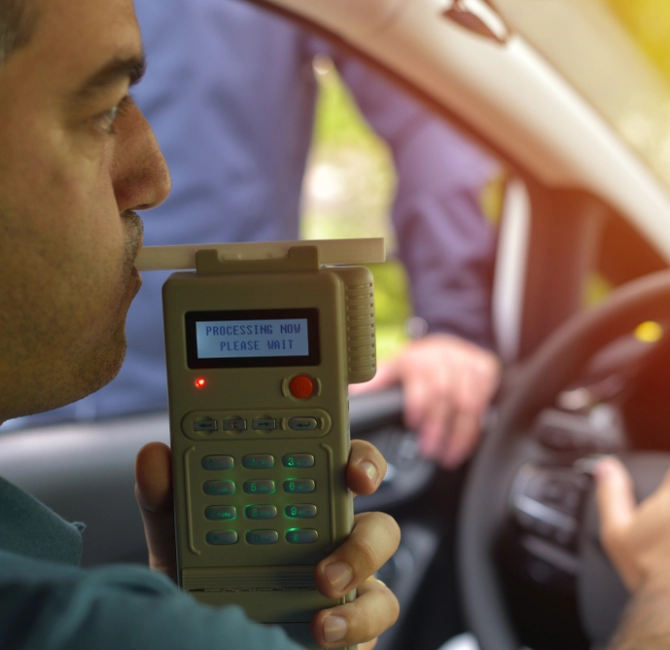DUI checkpoints exist to deter and catch impaired drivers, although encountering one may feel daunting and anxiety-inducing. Understanding your rights and responsibilities during these temporary roadblocks will allow for smooth navigation.
DUI checkpoints are legal in Georgia and throughout the U.S. as long as officers adhere to specific guidelines. Officers should only stop vehicles for public safety purposes and question drivers without harassing or intimidating drivers, rather than harass them into giving incriminating answers during a DUI checkpoint stop. You have a right to remain silent during an DUI checkpoint stop and politely exercising this right can help avoid accidentally incriminating yourself during such stops. Officers also cannot search your vehicle without probable cause or consent and you can refuse field sobriety tests when asked. It is vitally important that any instances of police misconduct take place so that legal action can be pursued if necessary.
How to Avoid DUI Checkpoints – Roswell DUI Attorney
The easiest way to avoid DUI checkpoints is never driving under the influence of alcohol or drugs, however if caught doing so there may be serious criminal repercussions such as fines, probationary periods and mandatory alcohol education programs – plus you could lose your license and experience substantial premium increases as a result.
Avoid DUI checkpoints is best accomplished through sober driving and careful planning. Look up where upcoming checkpoints will be and plan your route accordingly; some apps like Waze will even alert you when one is nearby.
If you encounter a DUI checkpoint, be aware that sudden movements or erratic behavior could raise suspicion and prompt further investigation. It’s best to remain calm and polite by obeying all instructions from officers present; documents like your driver’s license and vehicle registration should also be ready and available. Be mindful that refusing field sobriety tests could have serious repercussions depending on state laws.
At a DUI Checkpoint, officers look for evidence of impaired driving. They typically pay attention to signs such as the smell of intoxicants on a driver’s breath or their speech becoming slurred and difficulty with moving their vehicle. Officers will also look for behavior such as dilated pupils and blurred vision which are signs that someone might be driving under the influence.
While making abrupt turns at checkpoints is prohibited by law, GPS or smartphone applications can help find another path. Also be mindful of how law enforcement officers conduct the checkpoint to ensure your constitutional rights are not being infringed upon; take mental or written notes about what occurred, photograph any badge numbers or details which might help when filing for DUI related checkpoint cases.



